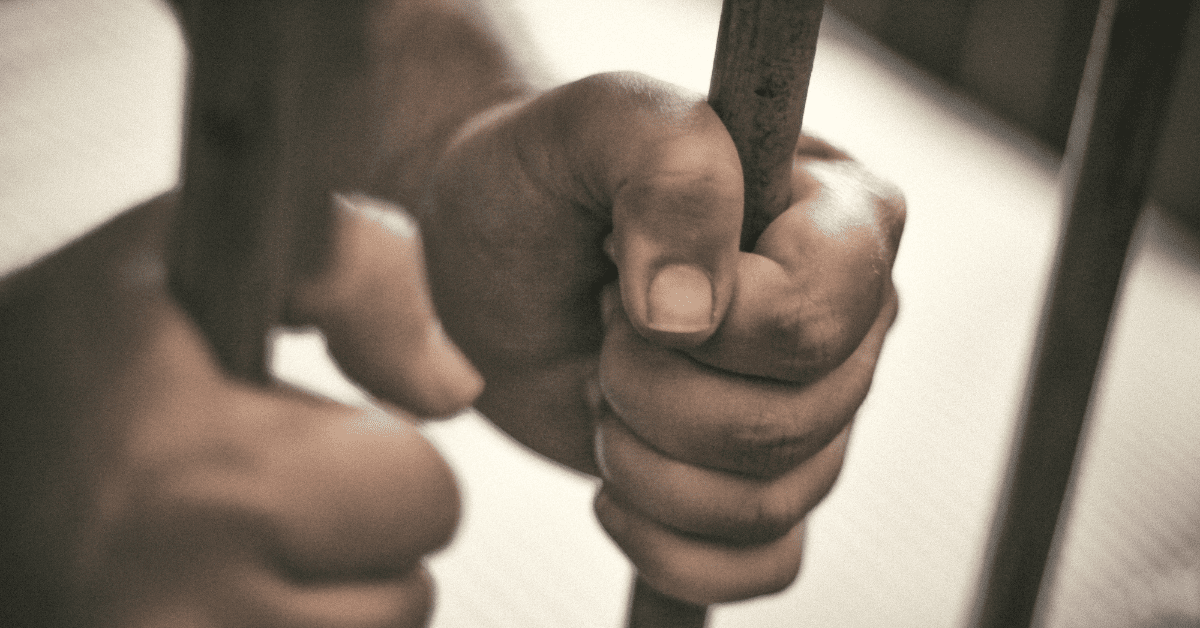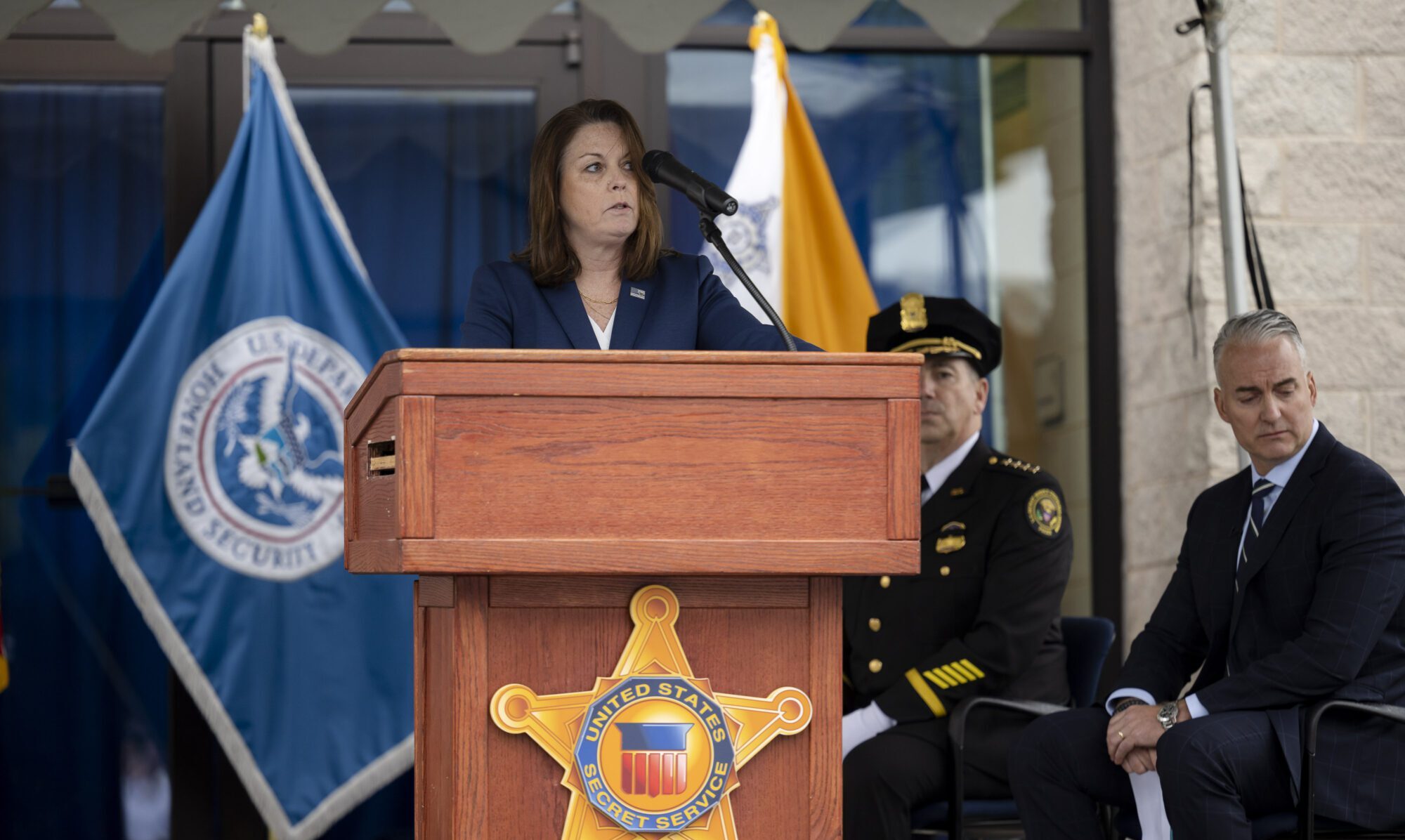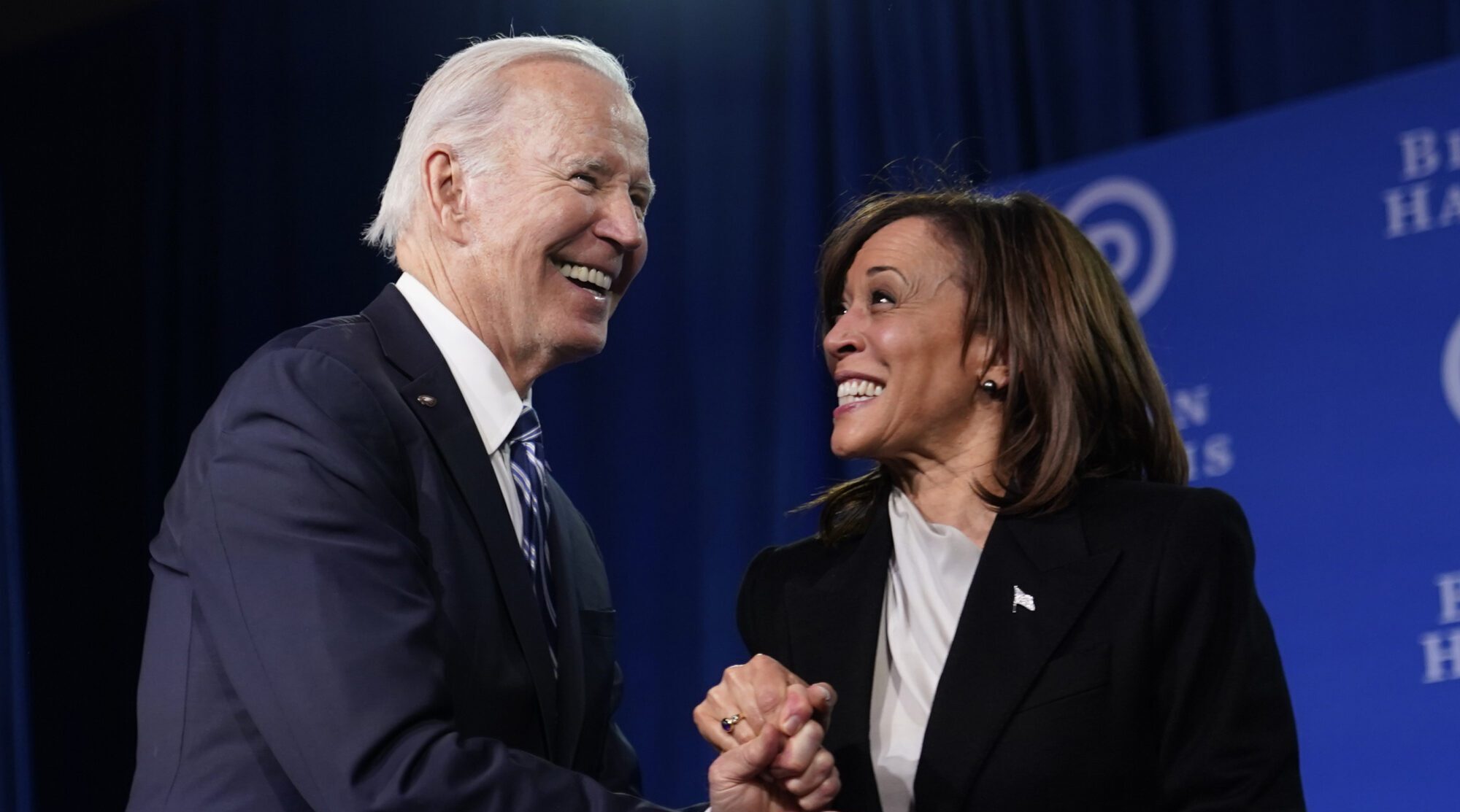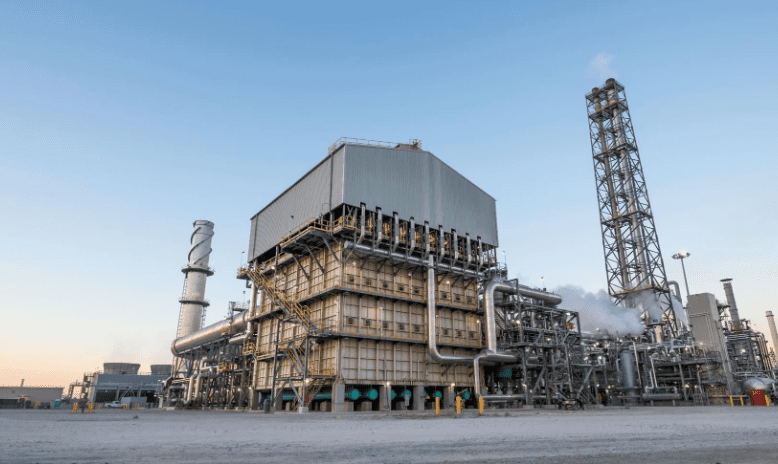
- Policymakers would be wise to consider building on recent sentencing reforms that can reduce the pressure on the state’s prison system and reduce long-term fiscal impacts.
In February 2020, the United States Department of Justice announced an investigation into the conditions of Mississippi’s prisons. Under the direction of then-President Donald Trump, the investigation was initiated due to reports of widespread violence and gang control of facilities.
Recently, the Department of Justice (DOJ) concluded their investigation with the publication of a report. The findings are troubling. The report paints a stark picture of state prisons where gang violence is commonplace and contraband flows freely, creating an unsafe environment that violates basic constitutional protections of those incarcerated.
The 60-page report examines conditions at three state prison facilities – Central Mississippi Correctional Facility (CMCF) in Rankin County, South Mississippi in Greene County, and Wilkinson County Correctional Facility.
The investigation’s central findings point to a failure of the Mississippi Department of Corrections to prevent violence and gang activity, and housing inmates in units with deplorable conditions.
The report describes conditions within restrictive housing units at CMCF and Wilkinson as “appalling…unsanitary, hazardous, and chaotic, with little supervision. They are breeding grounds for suicide, self-inflicted injury, fires, and assaults.”
It could be tempting for folks who embrace a “lock them up and throw away the key” mentality to ask, “who cares?” After all, prison “is not intended to be a nice place.”
But the true purpose of prison is to separate people who pose a danger to society from the general public, while reforming and rehabilitating those who will one day walk the streets again. Roughly 95 percent of people currently in prison will one day be freed.
Prisons are not intended to be sadistic torture chambers or as classrooms for how to become a better, more hardened criminal. This is precisely why the DOJ’s findings should spur Mississippi to action.
Failing to address these challenges will threaten public safety and impose larger fiscal costs on Mississippi taxpayers.
Upholding the Constitution
Champions of the U.S. Constitution and the rights it guarantees to all American citizens – including those who are incarcerated – should see the DOJ’s findings as troubling. The Eighth Amendment’s protection against cruel and unusual punishment is not a suggestion. It is a cornerstone of our legal system that acts as a check on governments who would seek to abuse their power.
This does not mean that prisons should be cushy places, but it does require states to provide a basic standard of care. The DOJ found that Mississippi’s prison officials deprived Mississippians of these basic protections, that the Mississippi Department of Corrections was deliberately indifferent to rampant violence, allowing assaults to go unchecked and uninvestigated.
Just as the First Amendment’s protections of free speech hold the most significance when applied to ideas we find disagreeable, so too must the Eighth Amendment’s safeguards against cruel and unusual punishment extend to people under the custody of the state, even those who have committed serious offenses. Only by upholding these rights universally can we prevent them from being eroded for everyone.
The Looming Fiscal Threat to Taxpayers
The Department of Justice’s investigation could also impose huge costs on Mississippi taxpayers. Now that the federal government has issued its findings that Mississippi prisons violate Constitutional protections, the federal government has the ability to compel state officials to remedy the situation.
From a fiscal perspective, failing prison systems are a drain on taxpayer dollars. Inefficient, unsafe, and unconstitutional facilities lead to higher costs due to lawsuits, medical expenses, and increased recidivism rates. Reforming our prison system is not just a moral imperative; it’s an economic necessity. By investing in reforms that improve safety, enhance rehabilitation efforts, and ensure constitutional rights, we can reduce long-term costs and ensure taxpayer money is used effectively.
Supporting Public Safety
Perhaps one of the most important considerations for how unsafe prisons impact everyday Mississippians is one that is often overlooked – the way in which they undermine public safety. The current state of many prisons in Mississippi does little to rehabilitate offenders or prepare them for successful reintegration into society. Teaching someone a skill they can use for work is an impossible task when they are living in squalor and fearing for their life.
This environment perpetuates a vicious cycle of recidivism, where inmates often leave state prisons worse than when they went in, posing a risk to public safety and imposing higher long-term costs on the criminal justice system.
Supporting rehabilitation and reentry programs within state prisons is a laudable goal which should be pursued, but it’s only part of the solution. Educational programs, vocational training, and substance abuse treatment can transform lives and prevent former inmates from reverting to criminal behavior. This approach not only aids in the individual’s rehabilitation but also contributes to the safety and security of our communities.
Until prisons can provide at least minimal levels of protection against violence and stem the flow of contraband like drugs and weapons into facilities, these programs are likely to have little impact.
A Call for Conservative Leadership
The time is now for Mississippi to take meaningful steps to addressing the failures of the state’s prison system. The Department of Justice’s report details steps that Mississippi can take to establish proper oversight of state facilities. Many of these changes will require increased investment in prison staffing and training.
Policymakers would be wise to consider building on recent sentencing reforms that can reduce the pressure on the state’s prison system and reduce long-term fiscal impacts. These include expanding alternatives to prison, like drug courts, for non-violent offenders. These changes can safely reduce the state’s prison population, better helping MDOC manage those in its facilities and providing better outcomes that reduce recidivism.
Mississippi’s prison conditions are a wakeup call. By adopting smart justice reforms, conservatives can lead the way in creating a justice system that that aligns with core conservative principles of justice, fiscal responsibility, and public safety. These changes will be required to ensure that our prisons are not just places of despair and punishment, but places of actual correction that make us safer.








